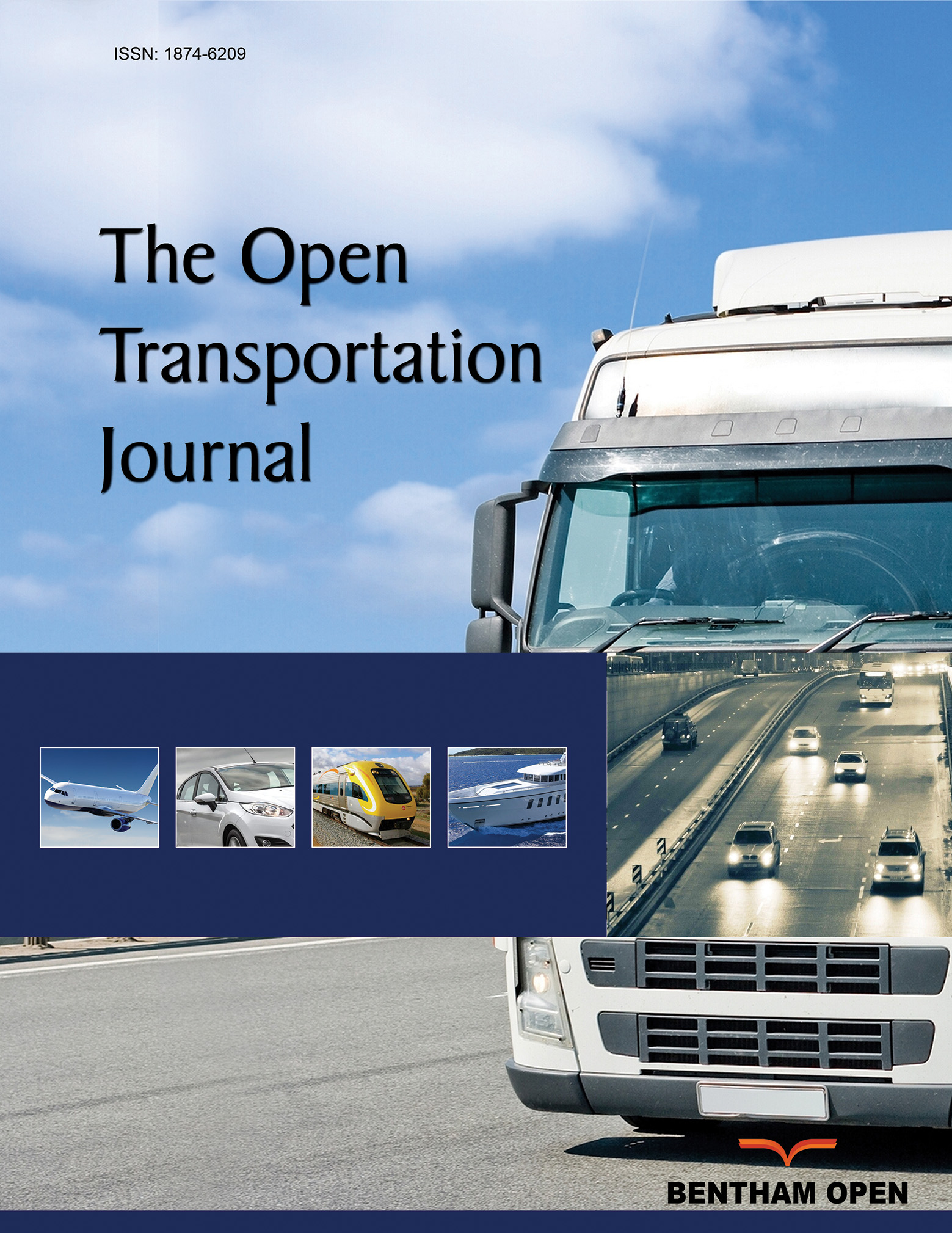All published articles of this journal are available on ScienceDirect.
Impact of Integrated Multimodal Traveler Information on Auto Commuter’s Mode Switching Propensity
Abstract
Aim:
Real-time traveler information affects auto commuter’s travel behavior.
Method:
An ordered probit model is used to analyze auto commuter’s mode switching propensity under influence of simulated real-time multimodal traveler information. A travel preference survey is administered to car drivers to gather individual commuter’s travel decisions under integrated multimodal traveler information.
Result:
It is shown that integrated multimodal traveler information can influence willingness of car drivers to switch mode of travel, while socio-economic characteristics also influence the mode choice decision.


